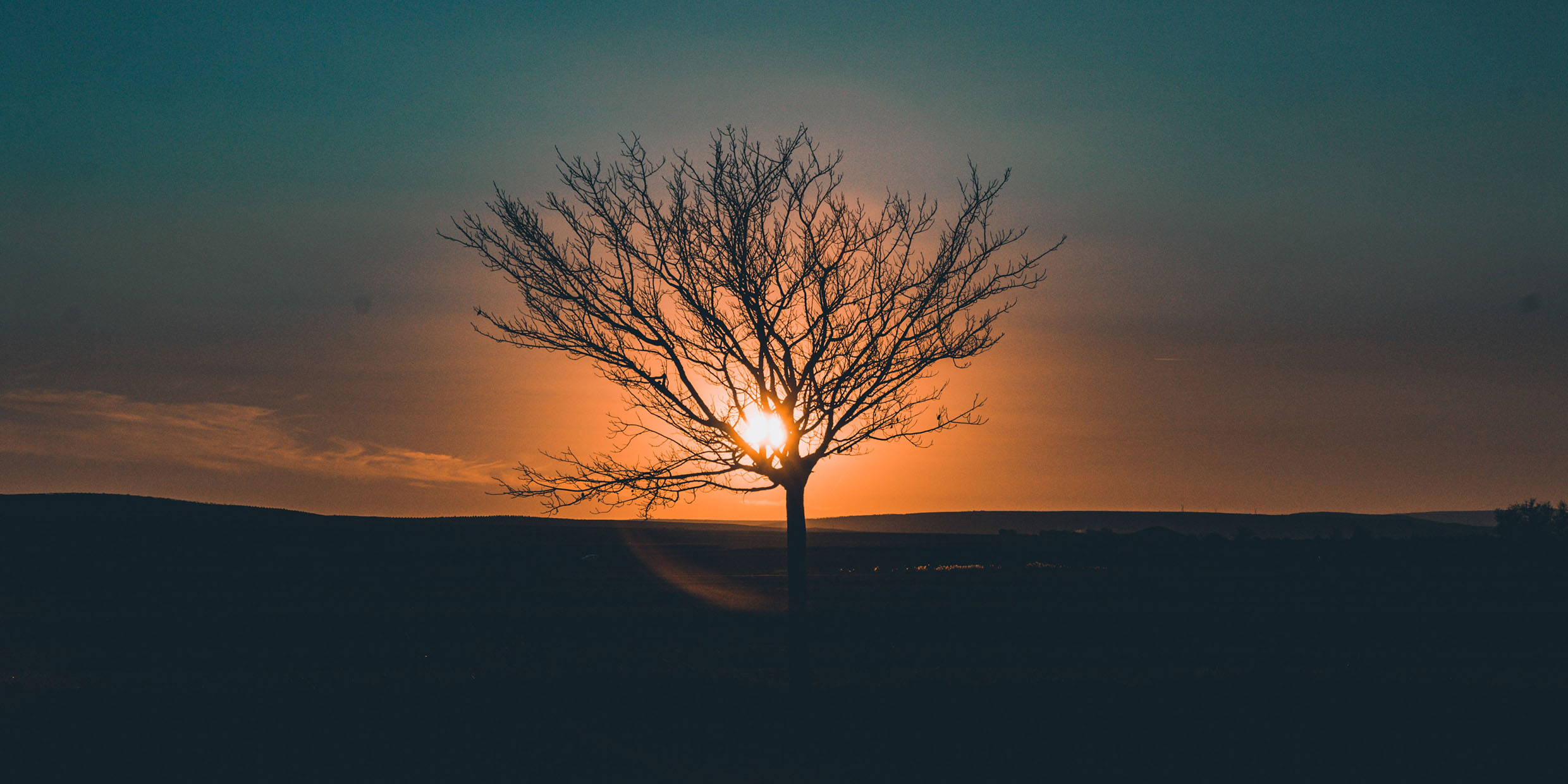Originally published 5 September 2000
“In the beginning, there was not coldness and darkness: there was the fire,” wrote the Jesuit mystic, Teilhard de Chardin, in his The Mass on the World. He added: “The flame has lit up the whole world from within…from the inmost core of the tiniest atom to the mighty sweep of the most universal laws of being.”
We hear the same story from contemporary physicists. The universe began as a speck of super-hot fire that exploded outward, they tell us. In the first tiny fraction of a second, the universe inflated rapidly, like a balloon blowing up from nothing. Three minutes later, there was hydrogen and helium. Within a billion years, stars and galaxies had begun to shine — and the whole shebang is still evolving.
And every aspect of the universe we inhabit today — from quarks to quasars — was implicit in the Big Bang beginning.
It’s a wild, beautiful story, but why should we believe it? Who are these mathematical physicists that we should pay attention to what they say?
They are us, basically. They are our sons and daughters, brothers and sisters. They come from every ethnic and religious background. They just happen to be very smart and very well-trained in some specialist branches of theoretical physics.
And we believe them for the same reason they believe each other: “It’s written up there in the sky,” said Fermilab cosmologist, Rocky Kolb, “and we have to figure out how to read it.”
It’s written in the sky in the out-rushing galaxies, in the relative amounts of hydrogen and helium of which the stars are made, and in the radiant microwave energy that fills the universe. These things can be precisely measured — the velocities, the ratios, the spectra — and the measured quantities are compared to what the theories predict.
It’s also written down here on Earth, in the innermost cores of atoms. High-energy physicists, at Fermilab and elsewhere, use powerful accelerating machines to raise the temperature of matter to that of the primeval fire, and compare the results of their experiments with theories of the beginning.
So far, a Big Bang gives the best quantitative agreement with the observations — up there and down here. And the fit, by all accounts, is pretty good.
But the theoreticians and the observers are not resting on their laurels. The theoreticians are tweaking their theories, looking for creation scenarios that are mathematically “prettier,” in tighter conformity with the data, and easier to prove wrong. And the observers are building bigger telescopes and ever more powerful accelerating machines to get better data.
We also trust these folks because they are part of a long and glorious history of human curiosity and discovery: Aristarchus, Ptolemy, Copernicus, Galileo, Herschel, Hubble, Curie, Einstein, Gell-Mann, Guth. And the story ain’t over yet.
OK, so we take the Big Bang as a given. What do we make of it? Teilhard de Chardin wrote: “If the Fire has come down into the heart of the world, it is, in the last resort, to lay hold on me and to absorb me.” There is no point in bothering about stories of creation unless they enrich and illuminate our lives.
And for that, we can’t rely on the theoretical cosmologists, observational astronomers and high-energy physicists. For that, we turn to the poets and the mystics.
Simon Bartholomew, translator of Teilhard’s The Mass on the World, writes in his “Translator’s Note”: “The aim of scientific language is to provide exactly defined and unambiguous statements about reality; that of poetic language is to communicate reality itself, as experienced.”
Teilhard was a scientist, but he was first and foremost a poet and mystic. His language is full of poetic imagery, ambiguity, paradox, even, some would say, vaporous jargon. But his great gift was to embrace unhesitatingly the scientific creation story as his starting point. He began with the evolving Fire and drew it down into the heart of his world.
Teilhard’s Christocentric language isn’t my language, and it may not be your language, but his lifelong struggle to integrate his deepest spiritual life with the scientific story of creation won for him the admiration of men and women of every religious faith and philosophical persuasion.
He wrote: “It is a terrifying thing to have been born: I mean, to find oneself, without having willed it, swept irrevocably along on a torrent of fearful energy.” Throughout his life he sought to turn the terror into an overwhelming joy.
We are all caught up in an evolving universe we only partly understand. We may take the Big Bang story on the word of the physicists, but if we are attentive to what they say — and imaginative and courageous — we, too, will feel the terrifying, exhilarating wind of galaxies blowing through our lives.



